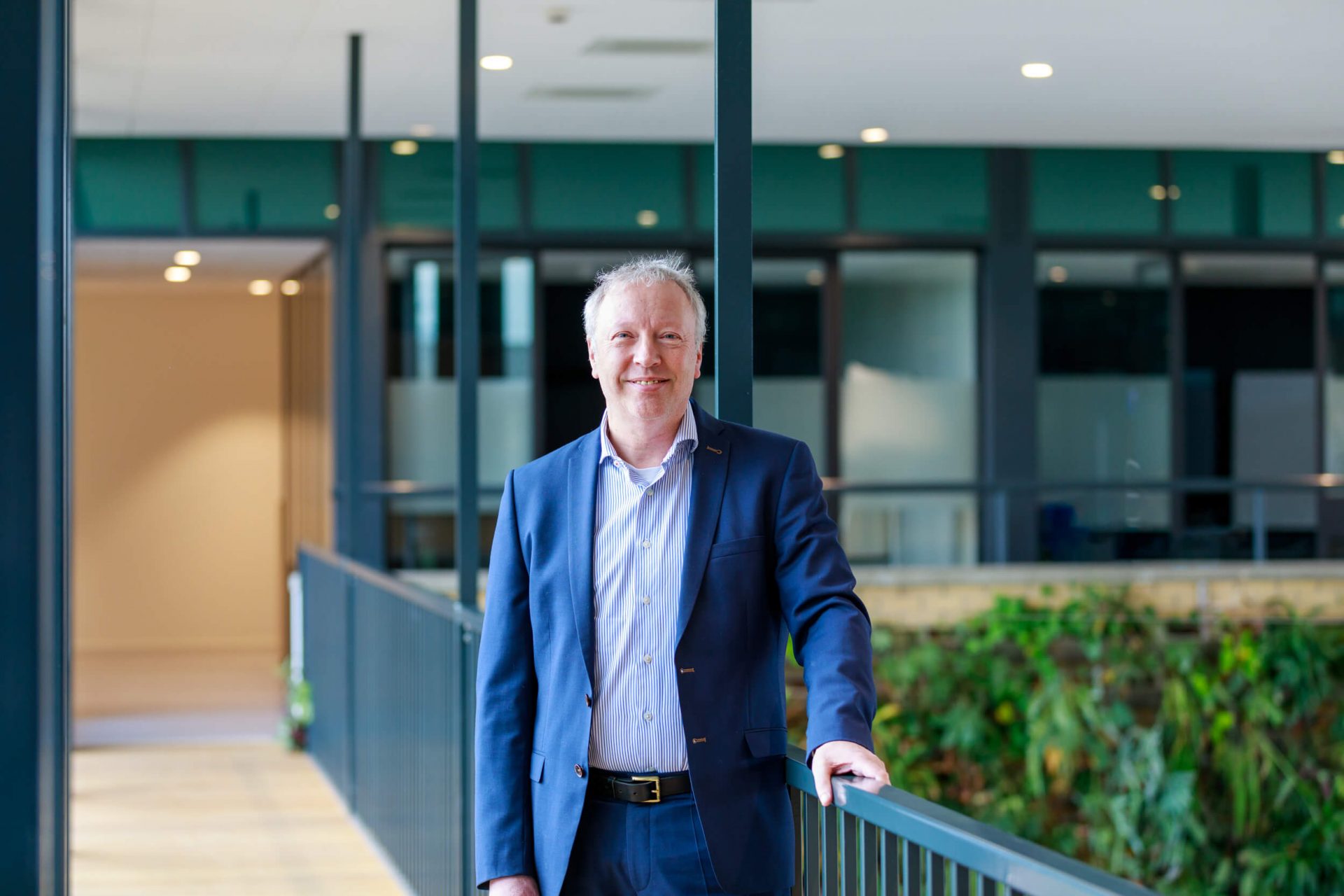 By Gert-Jan Gruter, CTO at Avantium
By Gert-Jan Gruter, CTO at Avantium
Almost all current recycling (98%) is open loop recycling, meaning the outputs have lower value applications (“down-cycling”) and hence don’t reduce the feedstock that is needed to manufacture the original product. It is obvious that the plastics industry wants to move focus to recycling and circularity, however recycling in this open form simply isn’t helping to reduce our dependence on oil – from which most plastics are derived today. We need to transition to a world where the plastics we make fit into a perfectly circular economy.
Closed loop recycling, I truly believe is one of the ways to achieve this. With this process, the recycled plastic materials are fed back into the same product cycle, leading to the direct reduction of a new “virgin” polymer. This not only helps to reduce feedstock demand for plastic goods, but also significantly cuts down on overall carbon footprint. To drive this approach to recycling we need high quality plastics that can be integrated into closed loop recycling (such as Avantium’s PEF bottles) that retain their value and therefore don’t add to the growing ‘plastic soup’ problem plaguing our oceans.
Of course, we cannot close all these loops completely because many products we use today are not suitable for closed-loop recycling. However, what we are proudly aiming for at Avantium (@avantium) is to shift to plant-based, renewable virgin materials, which at the same time can be very well recycled.
For more information on the issues raised in this article, please click on link here.
This expert view is part of BMI’s spotlight week on chemical recycling. Guest posts do not necessarily reflect the views of the Bio Market Insights’ editorial team and management.
 If you were interested in this bioeconomy story, you may also be interested in the ones below.
If you were interested in this bioeconomy story, you may also be interested in the ones below.
Read: Spotlight on chemical recycling: Offering a solution towards a circular economy
Read: Conventional plastic industry is using ‘Coronavirus as an excuse’ to revive old habits
Read: Ineos to produce bio-based PVC from pulp production by-product.
Read: Neste and Remondis link up to develop chemical recycling of plastic waste.
Read: Ineos Styrolution and Agilyx advance US chemical recycling facility.
Read: Braskem starts trials on chemical recycling of plastic waste.
Read: UPM to invest in new biorefinery to produce wood-based biochemicals.





